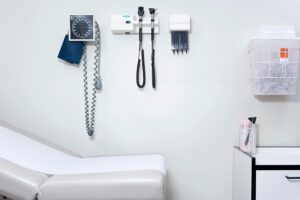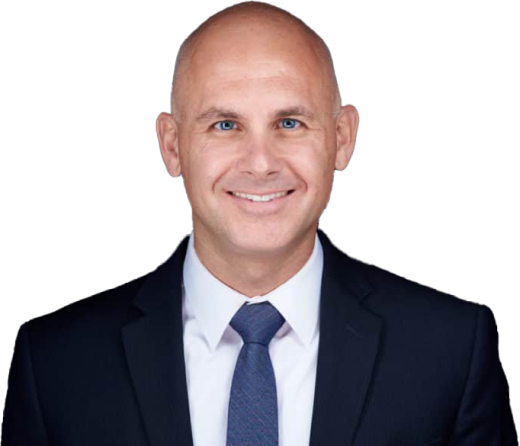
The American healthcare network is complex and fraught with discrepancies leading to unequal access and health inequalities. While several factors may fuel healthcare disparities, one overlooked aspect is medical malpractice or professional negligence by a healthcare provider leading to substandard patient treatment, injuries, or death.
Understanding how medical negligence perpetuates health inequalities can pave the way for changes that will enhance patient care and positive healthcare outcomes.
1. Affects Quality of Care
Medical negligence often stems from inconsistent healthcare delivery. Higher-income groups may be able to afford care in private facilities with better resources, staff, and control measures. However, low-income populations may largely depend on public healthcare facilities that often lack the right resources, leading to a greater risk of medical malpractice. The disparity in quality care directly contributes to unequal outcomes, affecting those in a vulnerable state.
2. Negligent Diagnosis and Treatment
One of the primary forms of medical negligence is misdiagnosis or delayed diagnosis, which disproportionately impacts marginalized communities. They are at the most risk since they might not have access to specialist care, second opinions, or advanced diagnostic procedures because of financial constraints or other barriers.
Sometimes, even those with the best care may be incorrectly diagnosed and treated. This results in poorer health outcomes and increased morbidity and mortality rates.
3. Language Barriers
Often, language and cultural barriers lead to miscommunication, resulting in patients not fully comprehending their treatment options, associated risks, and potential outcomes. This can lead to negligence if patients receive treatments they wouldn’t have chosen had they fully understood the implications.
If this is intentional, and the patient isn’t fully informed about the specifics of the procedure, then that’s a violation right there. In case the treatment results in serious injuries or death, medical malpractice attorneys can assist the victims in pursuing a claim to recover damages.
4. Lack of Follow-Up Care
Post-treatment care is also a vital part of the healthcare process. Professionals who fail to perform their duty of care risk others’ lives. Resulting negligence can lead to worsening health conditions and disparities, especially among low-income patients.
So, if you have been in a similar situation with no fault of yours and believe you must be compensated for your suffering, hire a medical malpractice lawyer to help you navigate your circumstances.

5. Limited Awareness and Legal Aid
Many victims of medical malpractice are often unaware of their rights in the first place. They also lack the means to seek suitable legal recourse. This is particularly prevalent among low-income populations and those with limited education.
Victims cannot hold the responsible parties accountable without proper legal support and knowledge. They refrain from involving with legal professionals. This, in turn, gives rise to repeated patterns of negligence, contributing to ongoing health inequalities.
Addressing medical negligence and health disparities requires systemic changes to healthcare delivery. Some key steps include:
- Improving access to quality healthcare for everyone
- Enhancing communication and informed consent procedures
- Ensuring proper follow-ups
- Promoting awareness of patients’ rights and legal resources
- Raising voice when illicit behaviors or acts are observed
Do You Have A Medical Malpractice Claim? Contact Our Las Vegas Attorneys For A Resolution.
There is a direct connection between medical malpractice and health inequalities. So, at H&P Law, we work to advocate for systemic improvements, mitigating the impacts of these disparities. The ultimate goal is to achieve equitable healthcare systems providing high-quality care for all.
If you have been a victim of the negligence of the system, the road to recovery may be long and arduous. But we will ensure it is easy and compensates you for your pain and suffering. Call us at (702) 598-4529 to discuss your rights and the available legal options.




